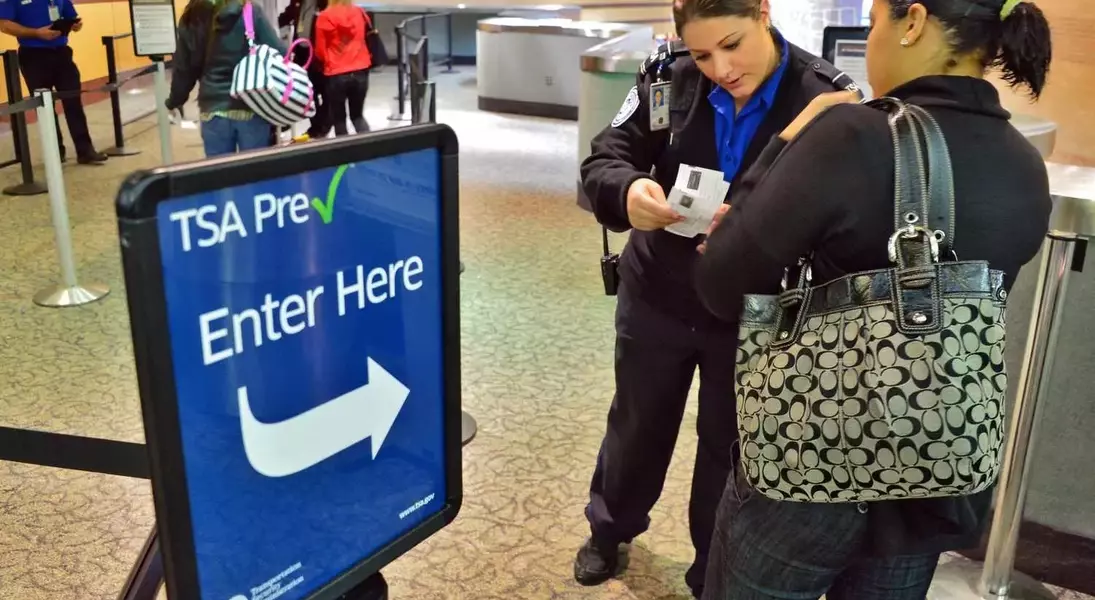
Unlock Seamless Travel: Your Guide to Choosing the Right Expedited Program
Understanding TSA PreCheck: Expedited Domestic Security
Administered by the U.S. Transportation Security Administration, TSA PreCheck is designed to accelerate security screenings for passengers on domestic flights from major U.S. airports. Participants benefit from a quicker security process, as they are not required to remove shoes, belts, light jackets, laptops, or liquids from their carry-on bags. This convenience significantly reduces the time spent in security lines, often getting travelers to their gates within minutes.
Global Entry: Your Passport to Swift International Re-entry
Managed by U.S. Customs and Border Protection, Global Entry offers a broader range of benefits, encompassing all the advantages of TSA PreCheck along with expedited customs clearance for international air travelers returning to the United States. This means bypassing traditional customs lines and paperwork by simply using automated kiosks at designated airports, making re-entry into the U.S. significantly faster and more efficient.
Key Distinctions Between the Programs
While both programs aim to simplify airport procedures, their primary differences lie in their scope and cost. TSA PreCheck focuses on domestic security screening, making it ideal for frequent domestic flyers. Global Entry, on the other hand, is a more comprehensive program, including TSA PreCheck benefits and offering expedited processing at U.S. customs for international arrivals. Global Entry is slightly more expensive, reflecting its enhanced benefits for international travelers.
Choosing the Right Program for Your Travel Needs
Deciding between TSA PreCheck and Global Entry depends largely on your travel habits. If your travels are primarily within the United States, TSA PreCheck might be sufficient. However, for those who frequently travel internationally, Global Entry offers superior value by combining both expedited security and customs clearance. Given that Global Entry includes TSA PreCheck, opting for Global Entry is generally recommended if international travel is even an occasional part of your plans, especially considering the modest price difference.
Navigating the Application Process
Applying for either program involves an online application, a background check, and an in-person appointment. For Global Entry, conditional approval is followed by an interview, often conducted at airports, which can take several months due to fewer available locations. TSA PreCheck's application process is typically faster, with more enrollment centers. Once approved for either, you receive a Known Traveler Number (KTN) that enables expedited screening by adding it to your flight reservations.
TSA PreCheck's Role in International Departures
While primarily for domestic flights, TSA PreCheck benefits can be utilized for domestic segments of international travel, including departures from U.S. airports to foreign destinations and connecting domestic flights upon returning to the U.S. Always ensure your KTN is linked to your boarding pass to access these expedited lanes.
Processing Times for Enrollment
TSA PreCheck applications are generally processed swiftly, with most applicants receiving their KTN within a few days. Global Entry, however, involves a more extensive background check and interview process, leading to longer processing times that can extend up to six months. Travelers are advised to apply well in advance of their planned international trips.
Combining Both Programs: A Redundant Choice
There's no need to apply for both programs separately. Since Global Entry encompasses all the benefits of TSA PreCheck, enrolling in Global Entry effectively covers both domestic security and international customs expedited processing. If immediate domestic travel benefits are needed, applying for TSA PreCheck first is an option, but be aware that a subsequent Global Entry application would involve another process and fee.
Strategies for Complimentary Enrollment
Many premium travel credit cards offer statement credits to cover the application fees for either TSA PreCheck or Global Entry, making enrollment potentially free. Additionally, military members and Department of Defense civilians may access TSA PreCheck benefits without charge. Loyalty programs with hotels and airlines also sometimes provide reimbursements for these application fees, offering further opportunities to enjoy expedited travel benefits at no personal cost.
Global Entry is the more comprehensive option, offering both expedited security screening for domestic flights (like TSA PreCheck) and faster customs clearance for international arrivals into the U.S. The decision between the two hinges on whether your travel frequently includes international destinations, making Global Entry a strong value proposition despite its slightly higher cost and longer processing time.